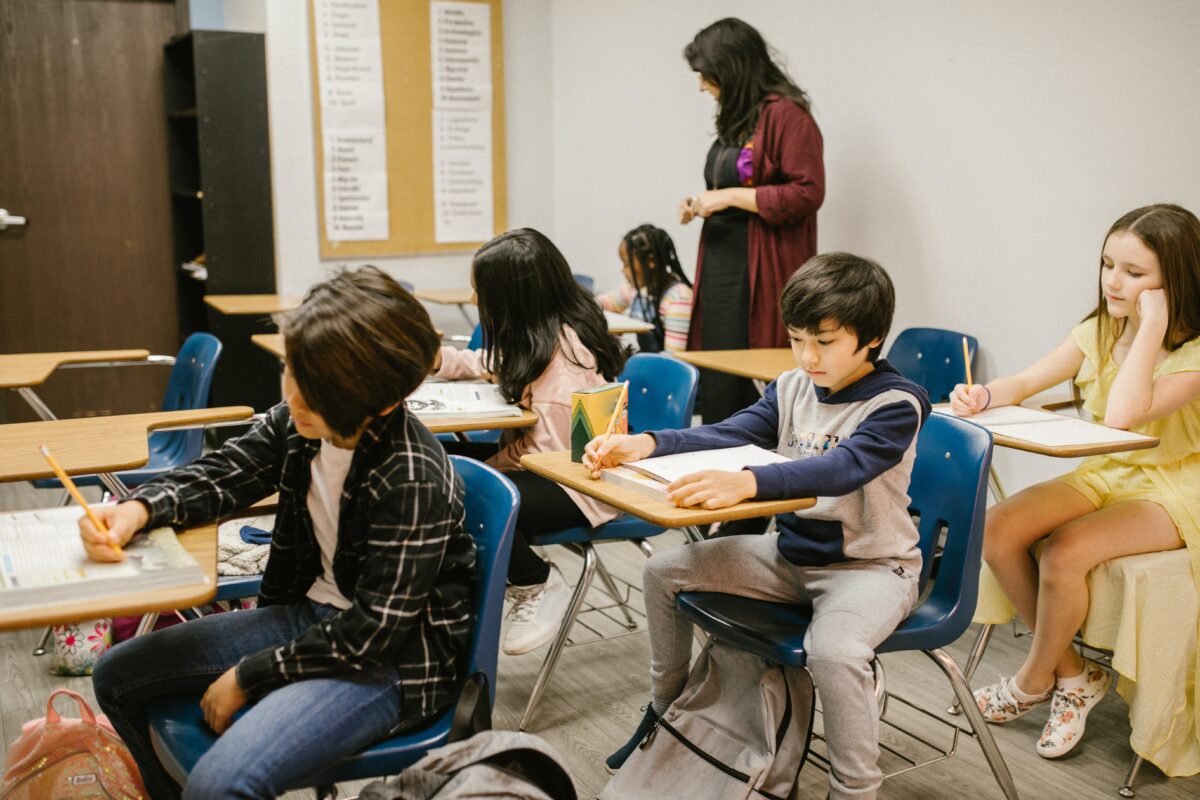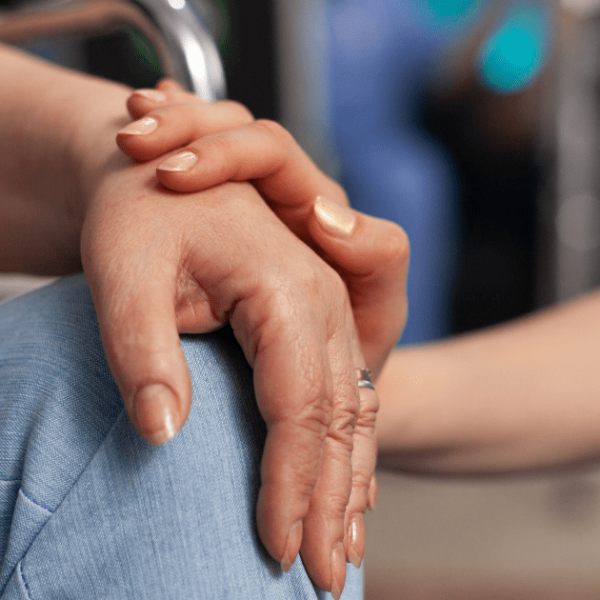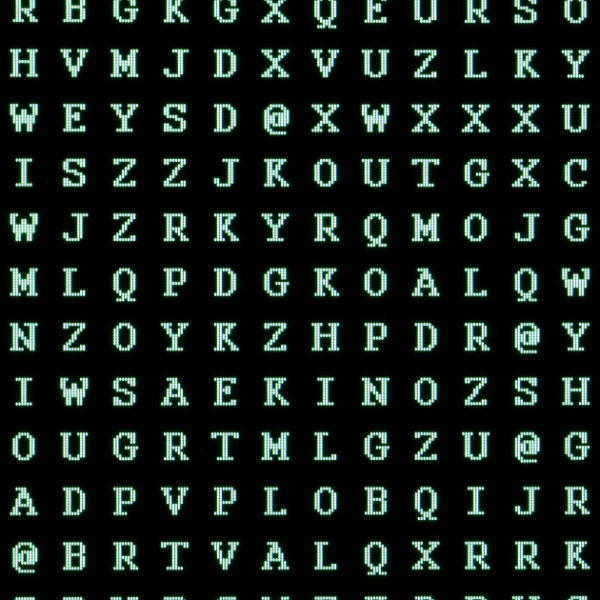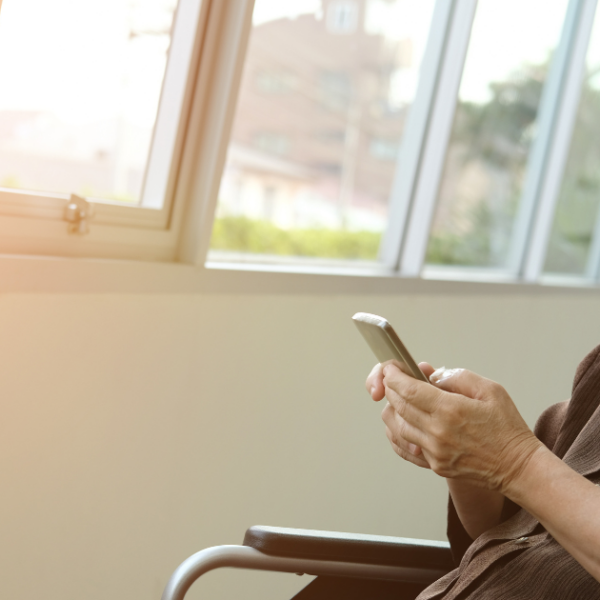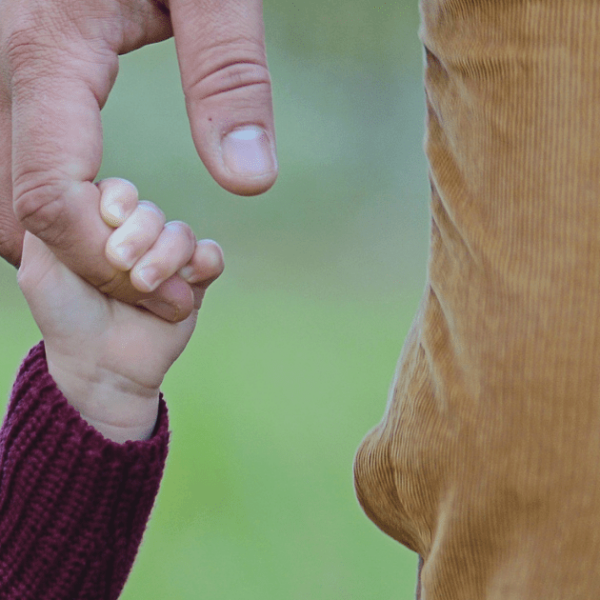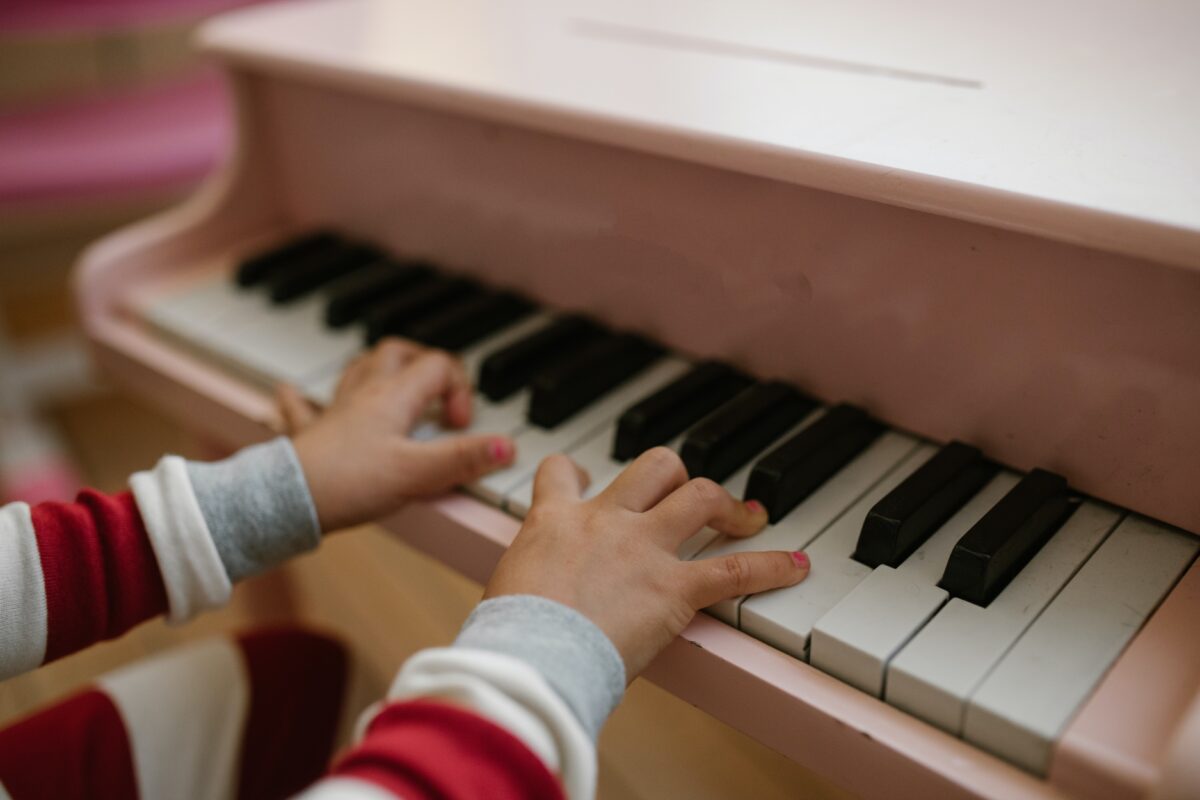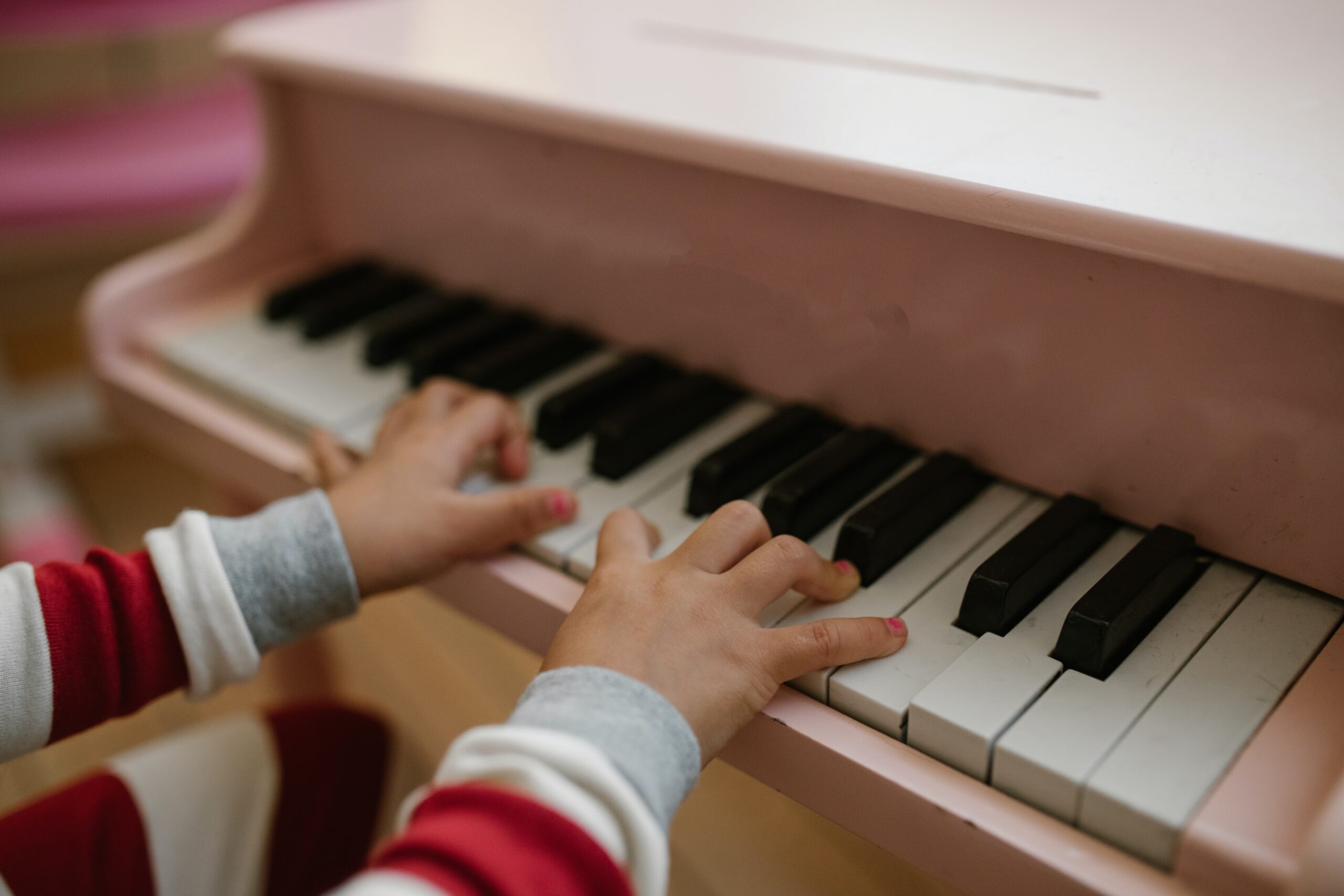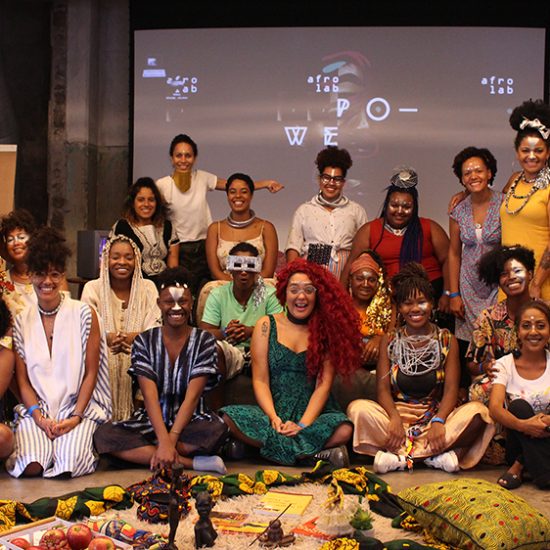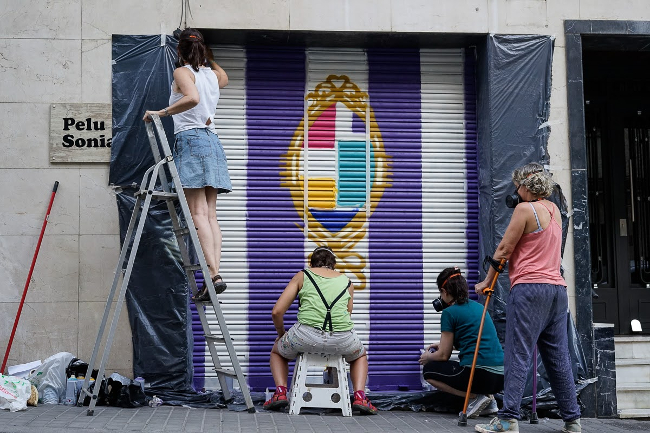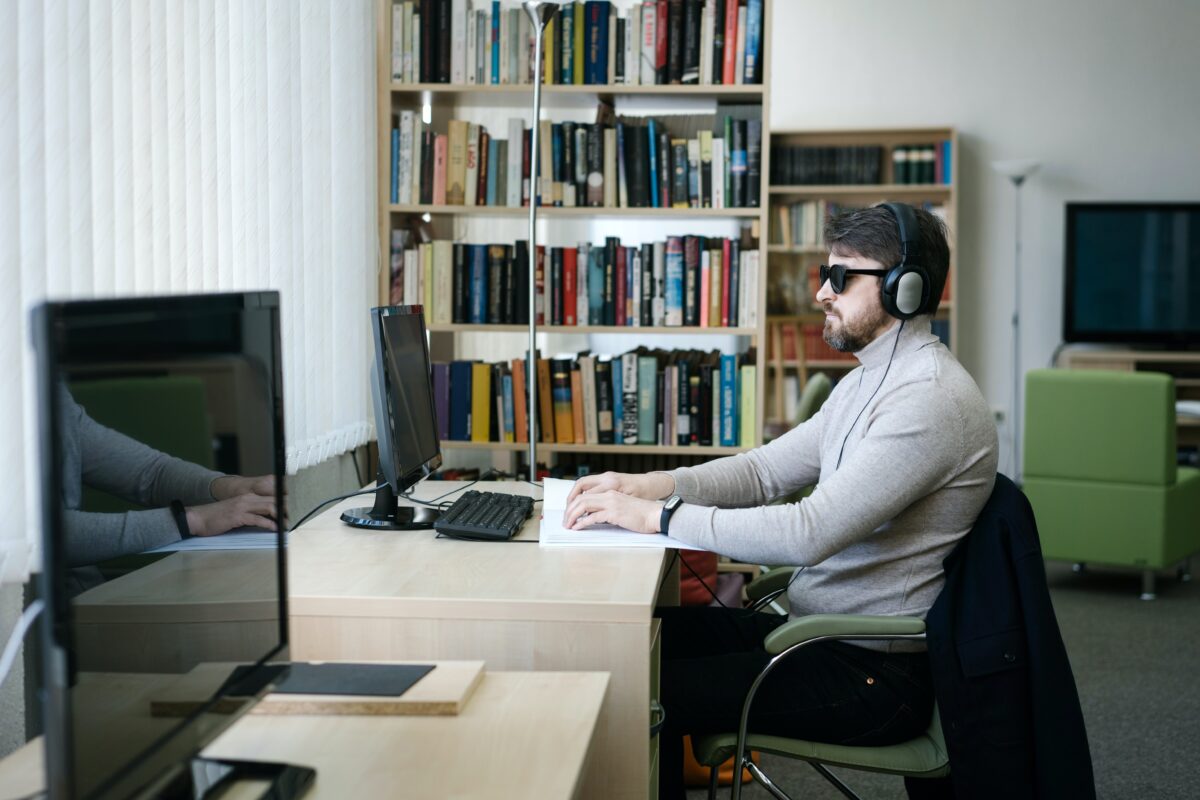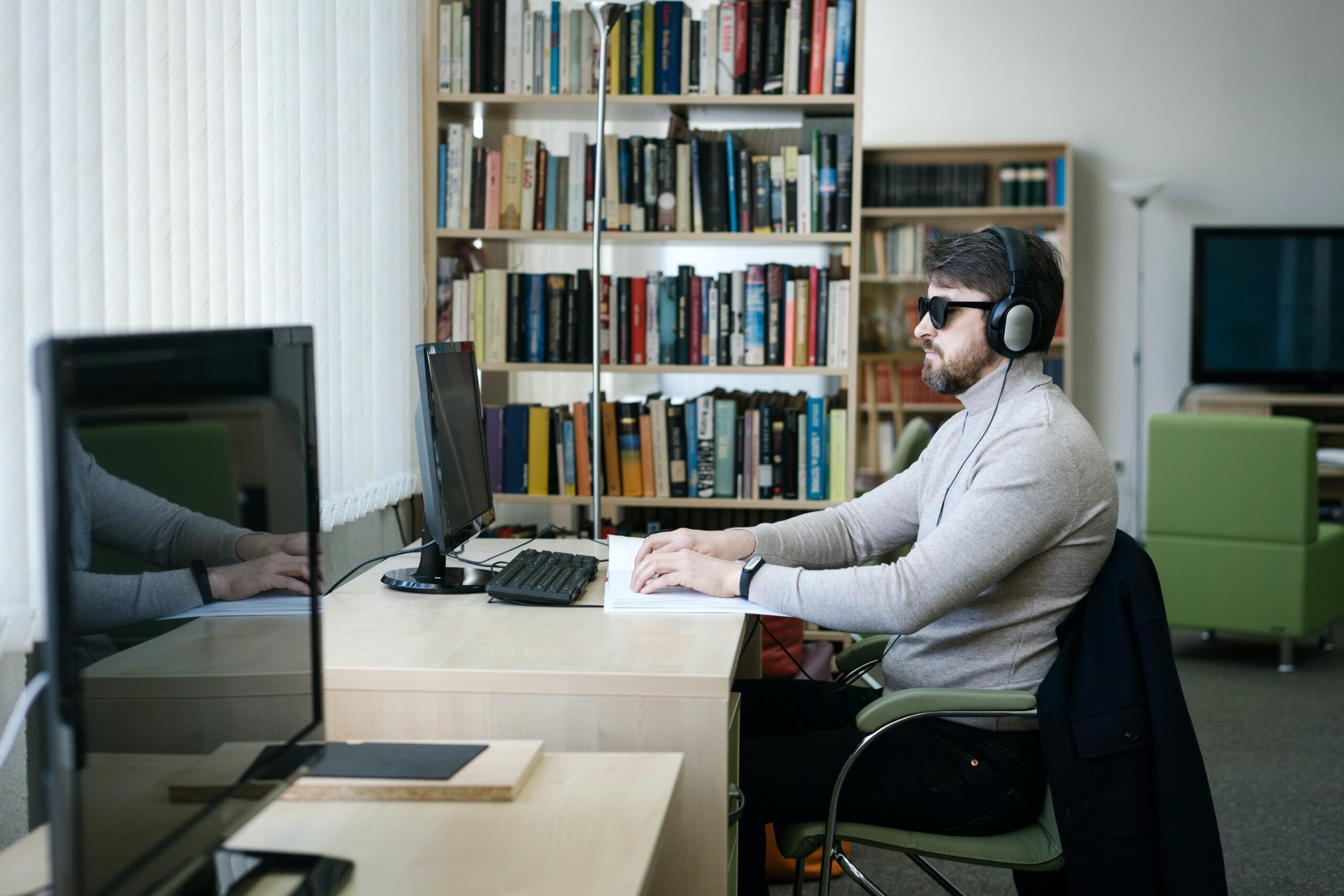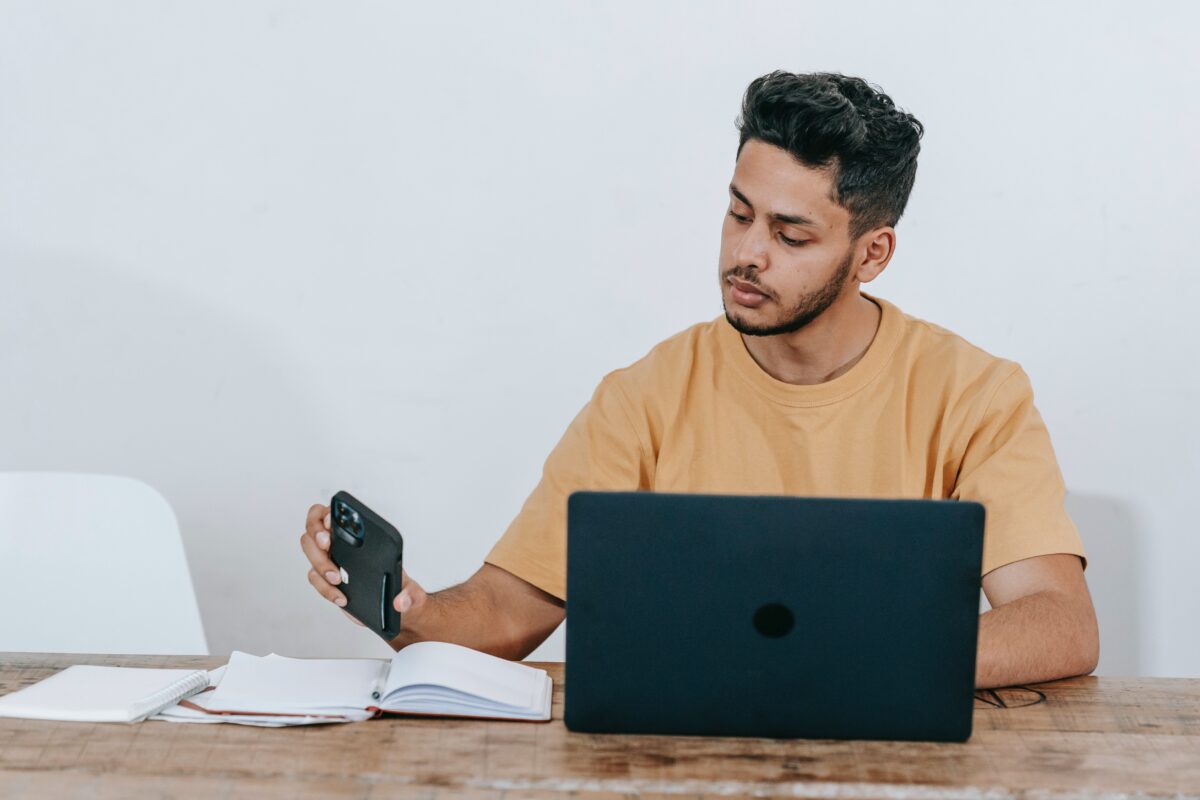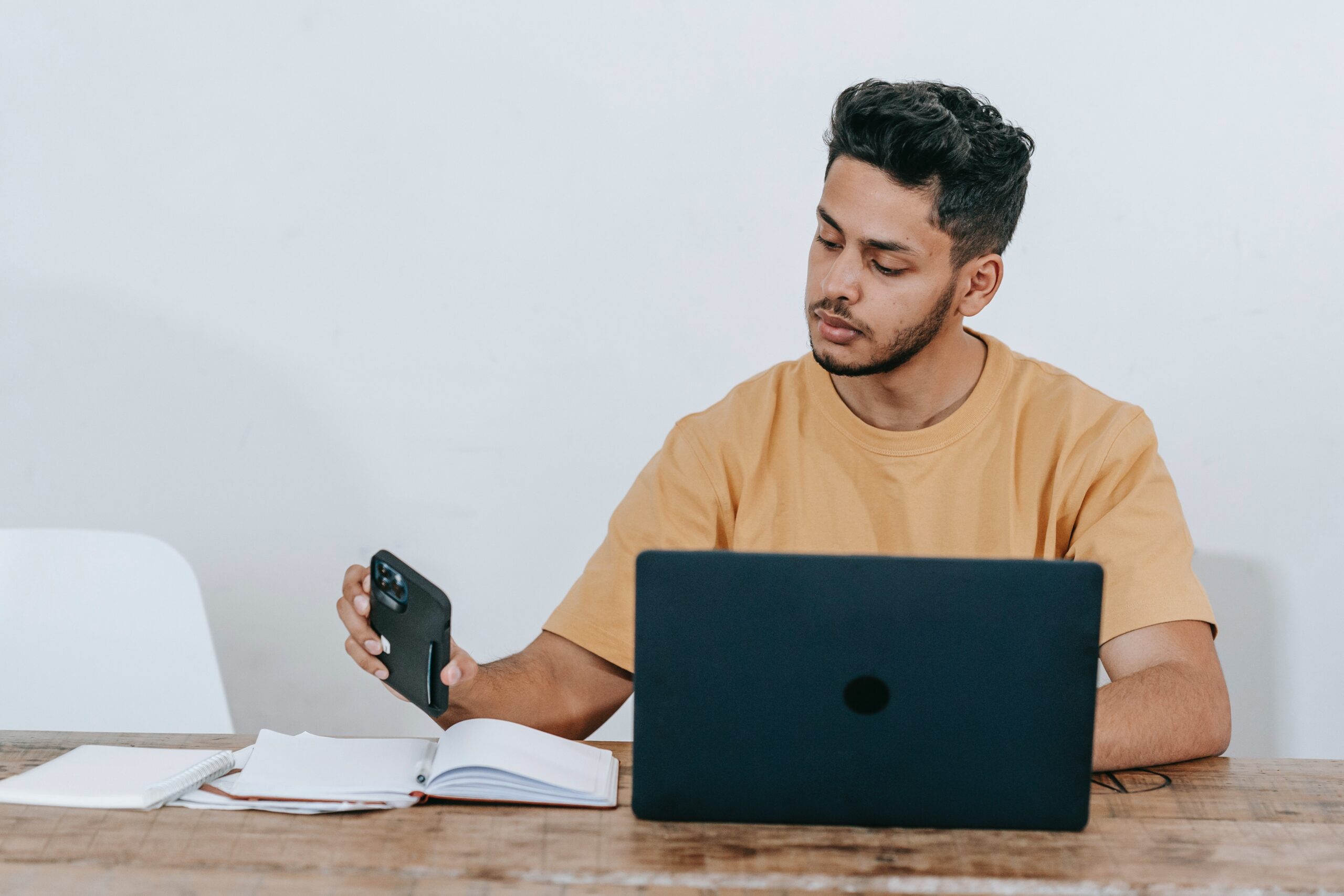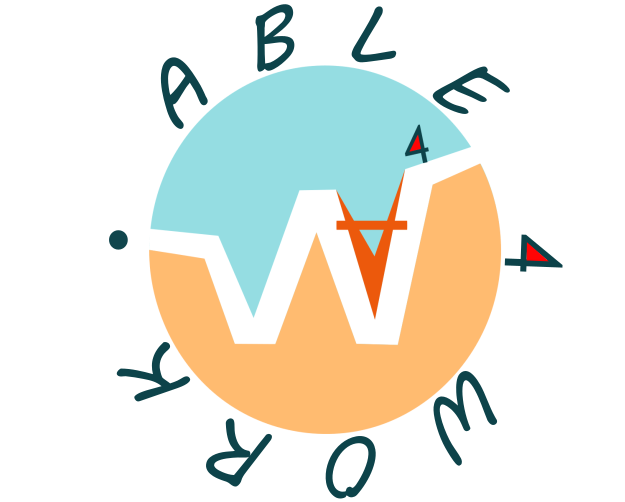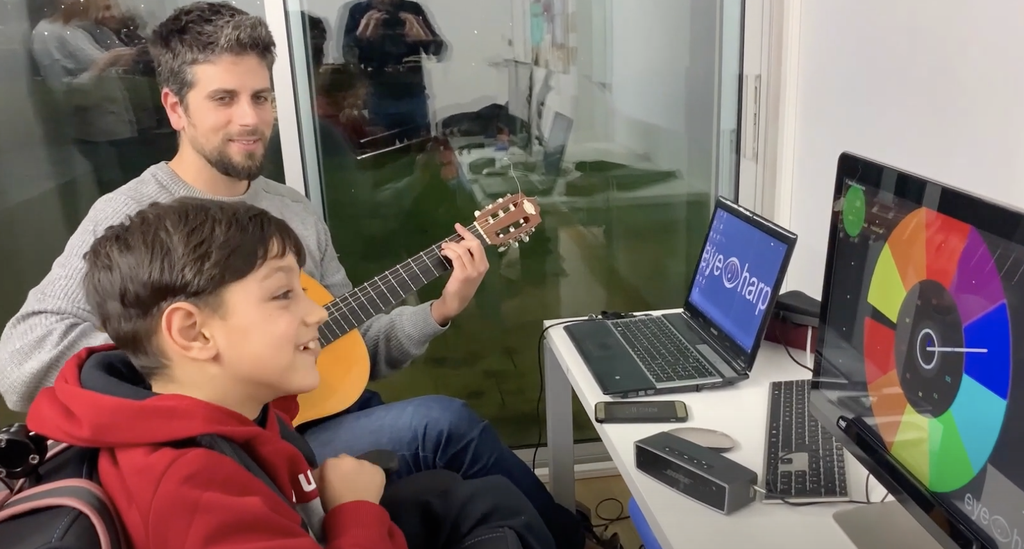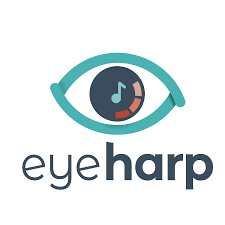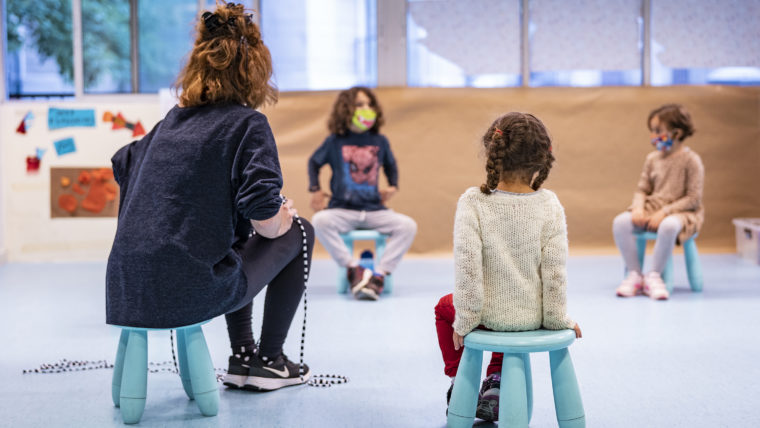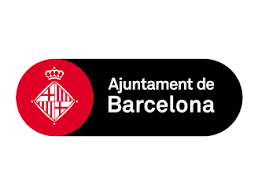b-resol, a channel for alerts against bullying in adolescents
b-resol, a channel for alerts against bullying in adolescents
BCN RESOL ODR SOLUTIONS, UOC
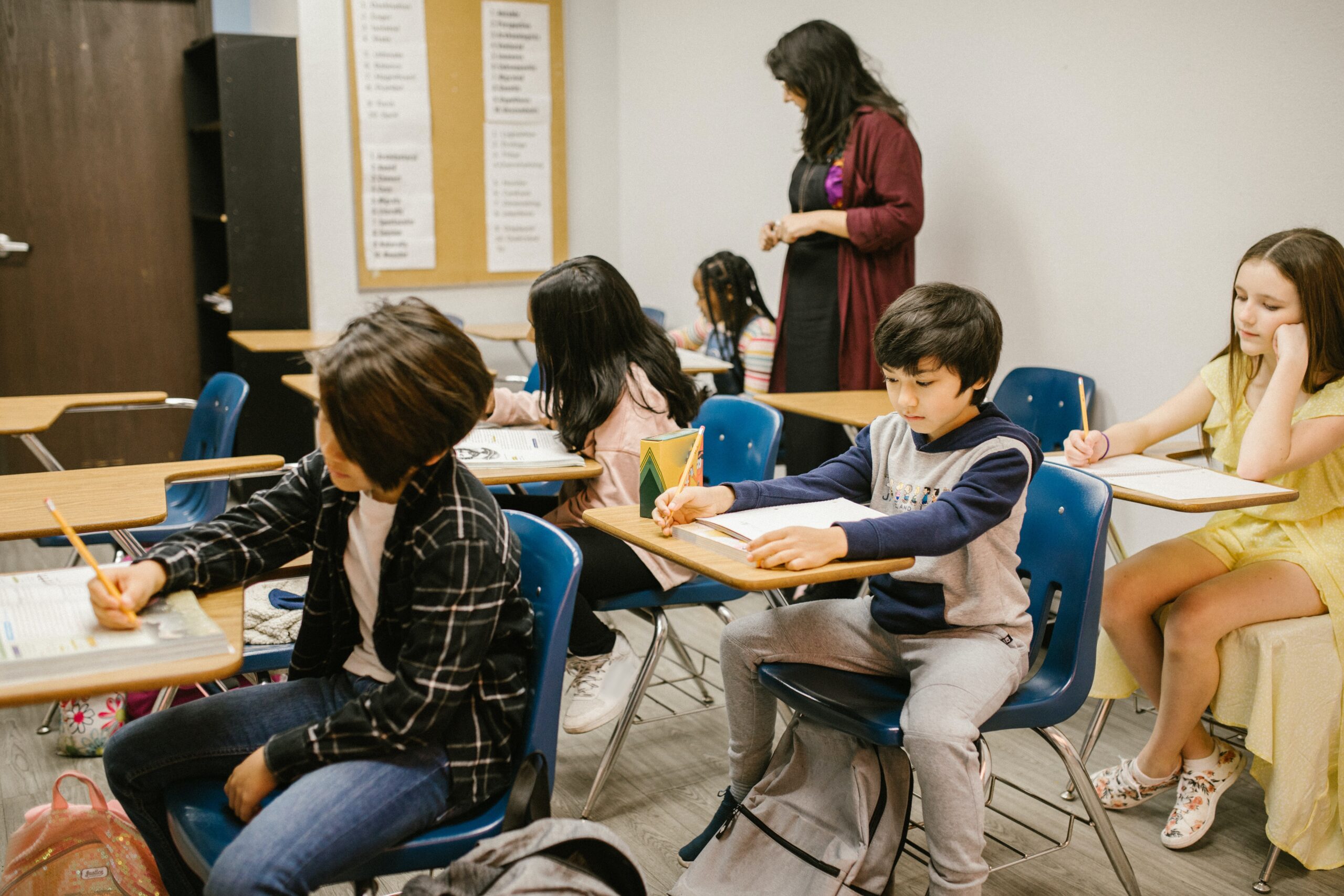
An alert channel that provides early detection of possible cases of bullying, cyberbullying, eating disorders, addictions and other common problems among adolescents. It is designed especially for adolescents, but also for adult teachers and specialised staff, who receive, manage and document the alerts.
b-resol was born out of concern for the large number of abuses and mistreatments of minors that occur in educational, sporting or leisure environments, and the difficulty for the victims to report them. The figures are alarming: 40% of pupils have experienced some form of bullying during their schooling. Beyond being used by educational centers, it is also useful for youth and sports organizations where young people socialise.
On the one hand, b-resol speaks the language of teenagers, as it is a friendly and intuitive app. Students can communicate their suspicions or alerts derived from unwanted situations, whether experienced or observed, to the trusted people designated by the educational centre. Through this mobile application, which is free and available on all devices, they can do so securely, confidentially and anonymously, if they wish. On the other hand, b-resol is also easy for adults, with a comprehensible internal web environment. Apart from enabling a chat with the sender of the alert, it also allows for a complete follow-up of the incident –of the actions taken– and the generation of reports and statistics.
Thus, b-resol stands as an example of good use of mobile technology as an innovative element and how it can be used to raise social awareness. It is therefore a complementary tool to the protocols implemented or planned to deal with cases of bullying, and is suitable for digitised adolescents and for centres and organisations immersed in digital transformation.
Characteristics of innovation
Localization
Barcelona
Partners / Funders
BCN RESOL ODR SOLUTIONS
Genesis
With the aim of promoting conflict management solutions for a healthier and better world, the b-resol app was promoted and developed in 2016 by the startup BCN Resol, a social entity, and supported by the UOC (Open University of Catalonia).
Level of implementation
More and more schools in Spain and Andorra are using the b-resol app. According to data from the 4th b-resol barometer of conflicts in education in 2022, the results show that the perception of having suffered bullying or cyberbullying in schools that offer students this alert channel is much lower than that obtained in any similar survey in other schools. In addition to being recommended by Proeduca, BCN Resol and the NGO Educo have recently joined forces and signed an agreement to bring the b-resol solution to more schools.
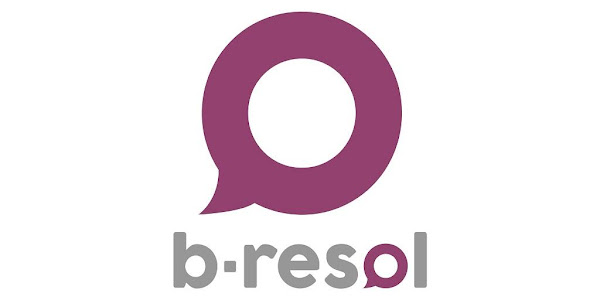
Banc d’innovacions

